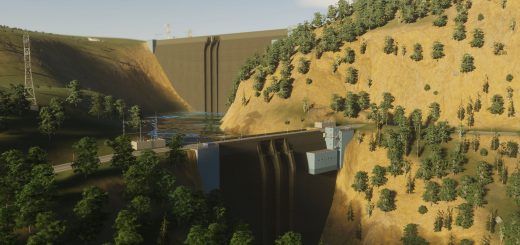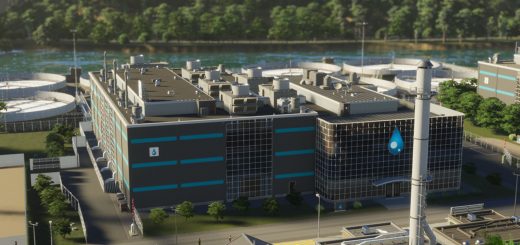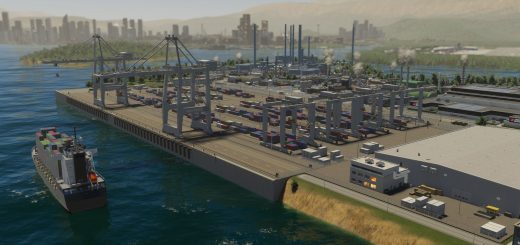Cities Skylines 2: Industrial Companies
Industrial firms prioritize easy access to raw materials, efficient distribution channels, and a reliable workforce to ensure smooth operations. When selecting a location, these firms weigh the production potential against the property’s size, as larger industrial spaces come with heftier rents. The land’s value also plays a role in rent determination; hence, businesses often favor areas with low land values to enhance profit margins. Yet, depending on the nature of production, some heavy industries might opt for expansive premises, overlooking the costs.
When procuring materials for production, businesses consider transportation costs, which get subtracted from their potential earnings. Emerging enterprises exhibit a slight bias towards resources either underutilized in the city or available only through external connections. The cost of transporting goods factors in both distance and weight, e.g., metals have a heftier weight compared to textiles. This is why proximity to resources, customers, and other industrial entities is pivotal—nearer distances save on transportation costs, enhancing profit margins.
The intricacy of production dictates the educational demands of the workforce. While some firms run efficiently with less-educated workers, others necessitate a more learned staff to boost operational efficiency, directly influencing production pace and profitability.
A surge in profits empowers companies to invest more in building maintenance and rent. Over time, this leads to building advancements and boosts the surrounding area’s land value. Notably, the firm’s level and operational efficiency determine its production capabilities. Thus, a high-level, efficient company can produce more while maintaining constant overheads, effectively reducing the unit cost.
Occasionally, these industrial entities reevaluate their production scales, striking a balance between current resource prices, product demand, employee salaries, transportation outlays, and fixed costs. If product demand spikes, they ramp up production and staffing. Conversely, declining demand may lead to downsizing and workforce reductions to maintain profitability. An inability to manage rent, maintenance, and resource procurement due to dwindling profits can send a company into bankruptcy, resulting in vacated premises.
Among industrial zones, some buildings function as storage units or warehouses. These entities don’t manufacture but facilitate resource trading. Purchased external resources are routed to these warehouses for future use. Trading can be initiated with these storage spaces or external partners. To ensure optimal resource distribution, warehouses maintain a balanced stock by rotating materials citywide. Besides zoned warehouses, cargo transportation structures also play a similar role. Their connectivity to external networks means their transportation costs deviate from standard trucking fees. Vessels like cargo trains and ships have extensive capacities, making even the bulkiest materials cost-effective. Meanwhile, air cargo provides quick, almost uniform-cost deliveries regardless of distance.







